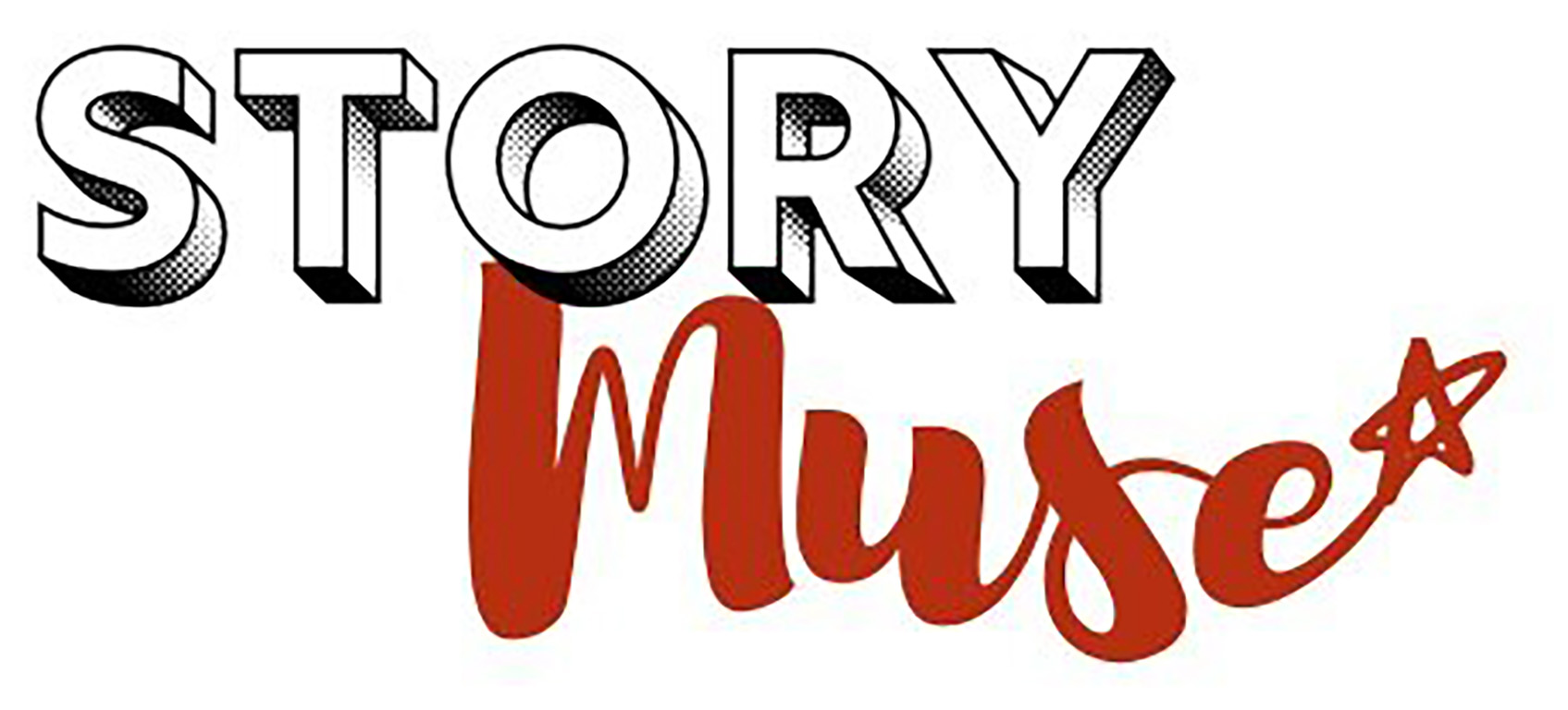I’m a huge fan of Seth Godin. Read his blog faithfully. Listen to every podcast he guests in on. I find him to be one of the most progressive, interesting, innovative thought-leaders we have today ~ right up there with Brené Brown, Neil DeGrasse Tyson, and Elizabeth Gilbert.
Earlier this year, Seth posted a piece of writing I find myself referring to often and provide in my resource list after public workshops. In “Let’s Stop Calling Them Soft Skills”, he investigates the notion there are supposed hard skills (also called vocational skills), which are utilitarian things the average worker needs to do the job efficaciously. Can he type fast enough? Does she have the medical knowledge to save a patient’s life?
And then there are the so-called soft skills. These are the things that make a person tolerable, even desirable, to work alongside every day. Does he do his dishes or steal people’s food from the refrigerator? Does she think creatively in staff meetings or does she come in fuming and late every time?
Mr. Godin’s premise is that anyone can type efficiently or have the basic knowledge of the job. It’s these soft skills that are ultimately why a person is successful in the workplace.
At the end of the article, he lists a variety of soft skills that are integral both to individual and group success. Toward the bottom, you’ll find storytelling.
Here’s where I enter into the conversation.
I’m of the belief that, alphabetization notwithstanding, storytelling doesn’t actually belong at the end of this list. Soft skills are more nuanced and inherent to a person’s long-term training as a human, and they do take the forefront over hard skills, which can be trained on the job.
However, a person can learn to tell a good story, and an organization or a community can build a culture that values storytelling, both the individual and collective journey (the story).
I have individuals and organizations that come to me all the time for support on how to tell their stories. One regular client is working on her storytelling, not because she wants to perform, but because she want to increase her confidence & charisma, as well as to organize her thoughts better for everything from presentations to supervising others.
A nonprofit organization approached me recently about providing a storytelling training as a part of their board retreat, but they wanted to do it at the end of a very long day. I advocated back to them they would be able to get further, faster in all the rest of their work if we had completed the storytelling training toward the beginning of their time together. Ultimately, they saw my point and agreed.
There are so many other skills on Seth’s list that are either identifiable modules of my curriculum or direct outcomes, it’s kind of amazing. To name a few:
- Ability to deliver clear and useful criticism
- Artistic sense and good taste
- Assertiveness on behalf of ideas that matter
- Body language (reading and delivering)
- Charisma and the skill to influence others
- Clarity in language and vision
- Conflict resolution instincts
- Creativity in the face of challenges
- Critical thinking instead of mere compliance
- Dealing with difficult people
- Diplomacy in difficult situations
- Dispute resolution skills
- Emotional intelligence
- Empathy for customers, co-workers and vendors
- Giving feedback without ego
- Honesty Influence
- Inspiring to others
- Intercultural competence
- Interpersonal skills
- Leadership
- Listening skills
- Managing difficult conversations
- Map making
- Negotiation skills
- Passion
- Presentation skills
- Problem solving
- Public speaking
- Purpose
- Quick-wittedness
- Reframing
- Resilience
- Risk-taking
- Self awareness
- Self confidence
- Selling skills
- Sense of humor
- Social skills
- Strategic thinking
- Time management
- Troubleshooting
You can see how storytelling is the foundation upon which so many of these other skills can be built. And, of course, if I were Mr. Godin, I would add Vulnerability to that list.
On a related note, this recent article about Disney’s firing of the man who was the long-time voice of Kermit the Frog. I relate this sad story here because it sounds to me like, as the author relates, but with perhaps a twist, Disney is a culture lacking in emotional intelligence. They could all benefit from some good, old-fashioned storytelling. I love the part where he says, “It’s possible to be clear and direct while also being kind and tactful.”
To me, that starts with telling your own story. Being compassionate with yourself, and your empathy towards others builds outward from there.
I really wish we could hear the other side of this story. Maybe one day, we will.
In the meantime, keep telling your stories. If a rising tide lifts all boats, then sharing our stories will surely churn the waters.


Trackbacks/Pingbacks